Betta fungus can be caused by many circumstances, the most common of which is an unclean habitat.
Because your betta fish swims in a self-contained ecosystem with a finite quantity of water, plants, rocks, and square footage, you need to realize that your fish breathes, excretes, drinks, and sees through the water you place him in.
So as the water becomes contaminated and saturated with excrement, leftover food, and as the rocks start eroding, as the plants start decaying, and the fish is constant respiring, you need to remain vigilant about your fish's water quality, otherwise not only will your habitat develop fungus, but your little marine friend will inevitably develop fungus as well!
So how can you tell if your fish has caught a betta fungus infection?
Your fish may be exhibit one or more of the following symptoms which are listed below:
- Betta has patches of white spots all over his body or head that look like little patches of cotton.
- He may be less active than usual.
- He may have a decreased appetite for eating.
- His fins may be clumped, and his body color may be pale and less vibrant than before.
So how can you cure (and prevent) betta fungus?
Adding aquarium salt to your fish's habitat is an extremely effective way to combat betta fungus and to prevent it from occurring again in the future.
There are also numerous fungus medications you can get for your fish from the pet store.
You rescued your betta's life from the pet store's tiny cup. Now learn how to make your betta into the most comfortable, safe, and cared-for fish in the world. If you are a true betta fish lover or animal enthusiast in general, then you should know that taking care of betta fish involves a great deal more than just doing the bare minimum, which is to change its water and feed it. There is a lot more involved in properly caring for your fish, such as water quality, water temperature, the nature of the fish's habitat in terms of volume of space, rocks, plants, lighting conditions, whether or not you wish to breed your fish, and your fish's social interactions with other fish versus being kept in isolation. If you want to keep your fish healthy, beautiful, active, energetic, and alive for as long as possible, then you have to be willing to go the extra mile in order to provide a better quality of life for your fish. And it all starts with a little bit of education.
Taking care of betta fish can truly be an extremely rewarding experience, so why not go the extra mile and learn everything that there is to know about the proper care, feeding, and nurturing of our little marine friends, the betta splendens (otherwise known as siamese fighting fish)?
Who else wants a beautiful, healthy betta fish, swimming happily in a stunning tank, without having to spend a bundle or constantly worry about your betta's health?

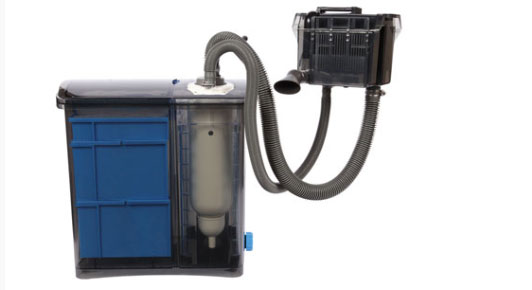 Aquarium Filtration Done Right
Aquarium Filtration Done Right
 Would You Like The Supreme Fishing Experience? Heres The Reason Why It Is Essential To Carry The Mo
Would You Like The Supreme Fishing Experience? Heres The Reason Why It Is Essential To Carry The Mo
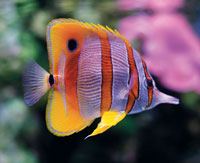 Aiptasia Anemone
Aiptasia Anemone
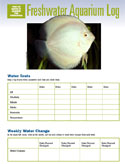 Aquarium maintenance logs for freshwater, saltwater and reefkeeping aquarists
Aquarium maintenance logs for freshwater, saltwater and reefkeeping aquarists
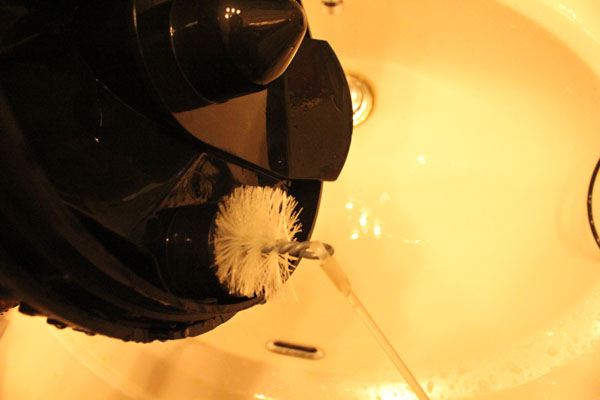 How to Maintain Your Aquarium Filter
How to Maintain Your Aquarium Filter
 Useful Idea For Stronger Nutrition And Wellness
Useful Idea For Stronger Nutrition And Wellness
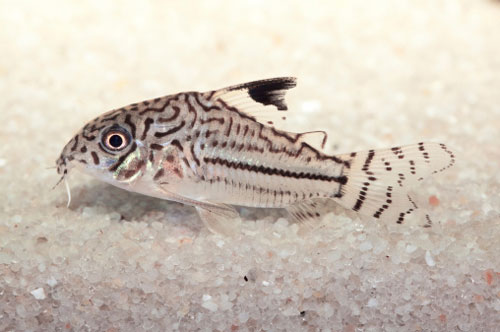 Keep Your Aquarium Clean With These Tank Tools
Success in maintaining a freshwater system takes applied kno
Keep Your Aquarium Clean With These Tank Tools
Success in maintaining a freshwater system takes applied kno
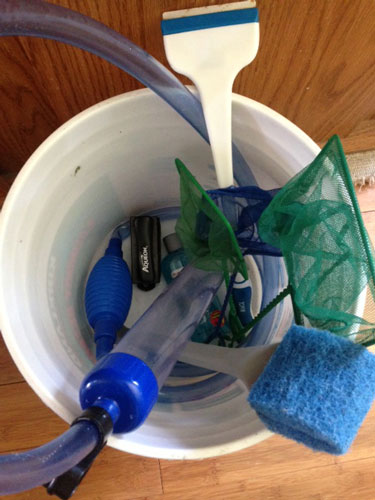 What to Keep in Your Aquarium Maintenance Bucket
It is too easy for hobbyists, especially new ones, to become
What to Keep in Your Aquarium Maintenance Bucket
It is too easy for hobbyists, especially new ones, to become
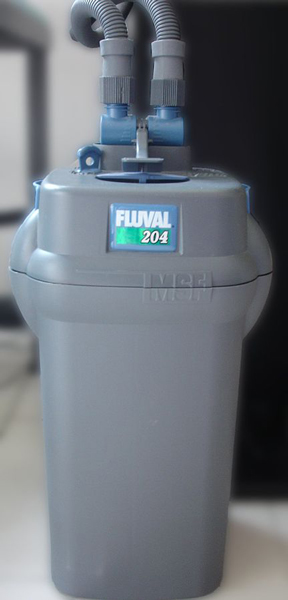 Canister Filters
In this article we will deal with a type of filter that many
Canister Filters
In this article we will deal with a type of filter that many
 Aquarium maintenance logs for freshwater, saltwater and reefkeeping aquarists
Thank you for signing up for the FishChannel newsletter, the
Aquarium maintenance logs for freshwater, saltwater and reefkeeping aquarists
Thank you for signing up for the FishChannel newsletter, the
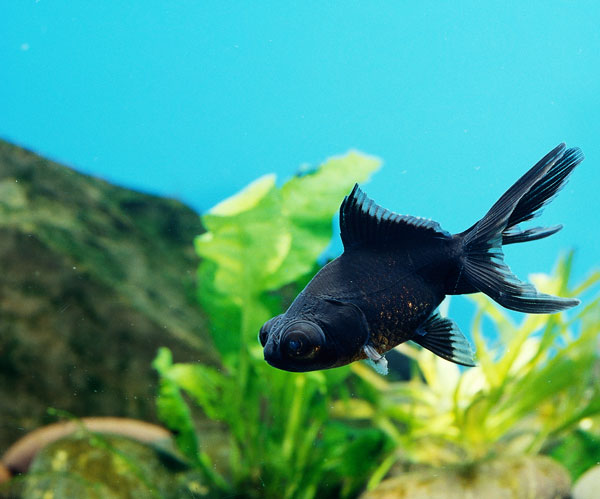 Fish and Fungus
Black Moor Q. I have two large black moor goldfish, one larg
Fish and Fungus
Black Moor Q. I have two large black moor goldfish, one larg